Salih Cem Oral reminded that he started his career as a blast furnace engineer at İskenderun Demir Çelik in 1993 and drew attention to the share of blast furnaces in world steel production. Oral stated, "While 1.9 million tons of steel was produced in the world, 70% of it was produced by blast furnaces. With China's rapid rise after 2001, this ratio became even more pronounced. When we consider China's rapid increase of 800 million tons between 2001 and 2024, global market dynamics become clearer."
Emphasizing that integrated facilities in Türkiye can only meet 30% of the total production, Oral stated that the carbon border adjustment has ushered in a new era in the sector. "Although India ranks second in world production, it continues to increase its production. In our country, we have a significant production, but the feasibility of new investments is not suitable at the moment."
Oral pointed out that 2.2 tons of carbon emissions per ton are emitted during steel production in Türkiye and that efforts are underway to reduce these emissions, but that there are no clear and widespread solutions yet. "It is important to make the cost of investments affordable and to provide state support. In Europe, important steps are being taken in this area with state support. We also have a target of reducing carbon emissions by 25 percent by 2030."
Stating that within the scope of İsdemir's road map, an arc furnace investment will be made in the first stage in the integrated facilities, Oral added that although this step is not a definitive solution, it is important for the transition process. He also stated that solar energy investments totaling 800 megawatts have been realized in six provinces, and that natural gas-based investments are planned until 2040. However, he added that Türkiye's geographical conditions create difficulties in natural gas supply.
Oral stated that the transition to Direct Reduced Iron (DRI) production with green hydrogen is also among the targets. He explained that 40 thousand tons of carbon dioxide reduction is planned to be achieved by utilizing the blast furnace head gas pressure, while the biomass gasification project aims to save 20 million cubic meters of natural gas annually and reduce 40 thousand tons of carbon emissions in return. “These may seem like small numbers, but they are important steps for the sector,” he added.
Oral stated that it is aimed to carry out such innovative trials with new blast furnace installations and to implement them in large furnaces if successful results are obtained, and reminded that Erdemir also carried out hydrogen injection trials. "It is a very rare trial in the world. The aim here is to see the applicability of the technology. Theoretically, a 15-16% reduction in carbon dioxide emissions is possible with the injection of 25 kilograms of hydrogen, but this has not yet been applied in practice and the cost effects have not yet been clarified," he added.
Salih Cem Oral, General Manager of İsdemir, emphasized that the sector is taking small but important steps towards sustainability and that innovative investments for carbon reduction should be implemented rapidly.


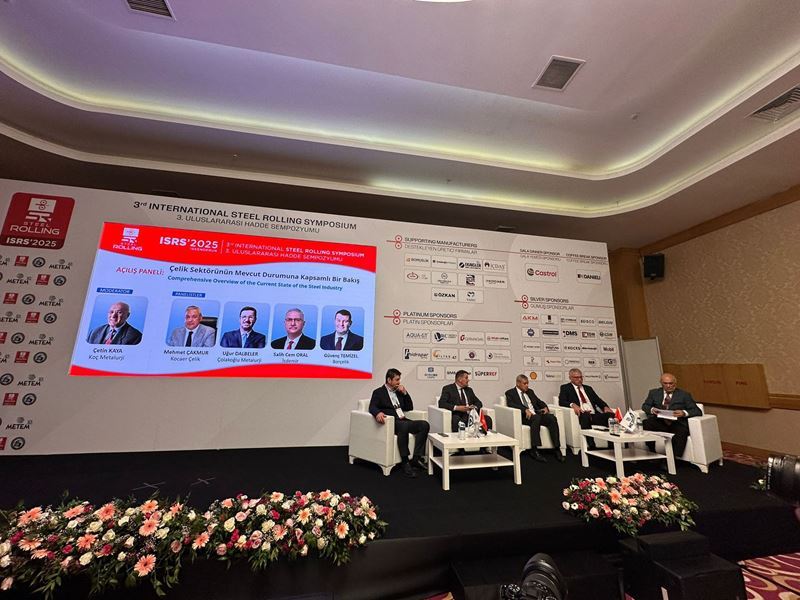
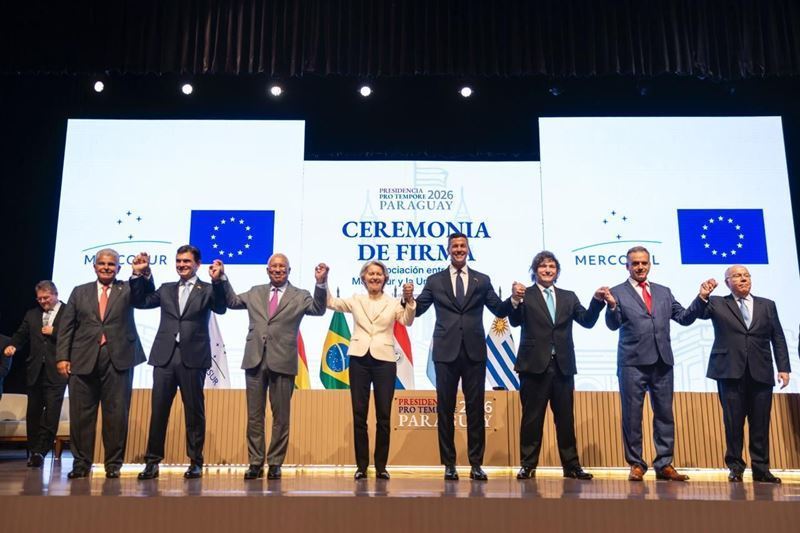
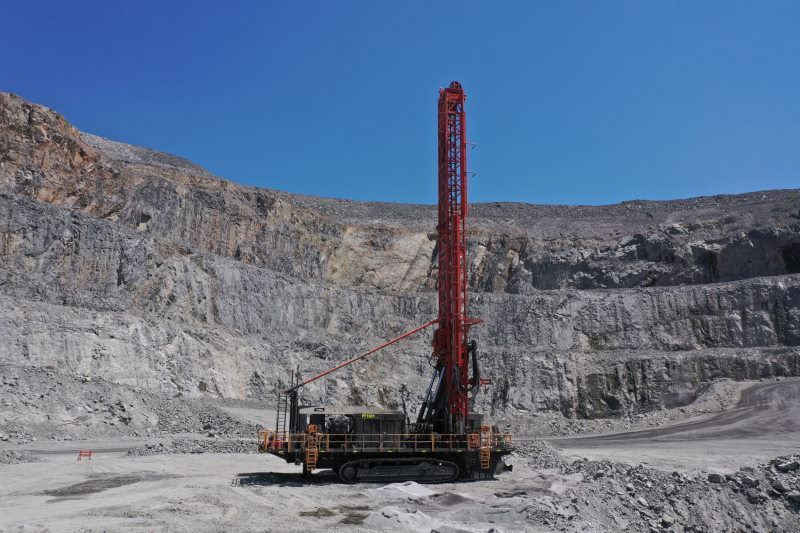
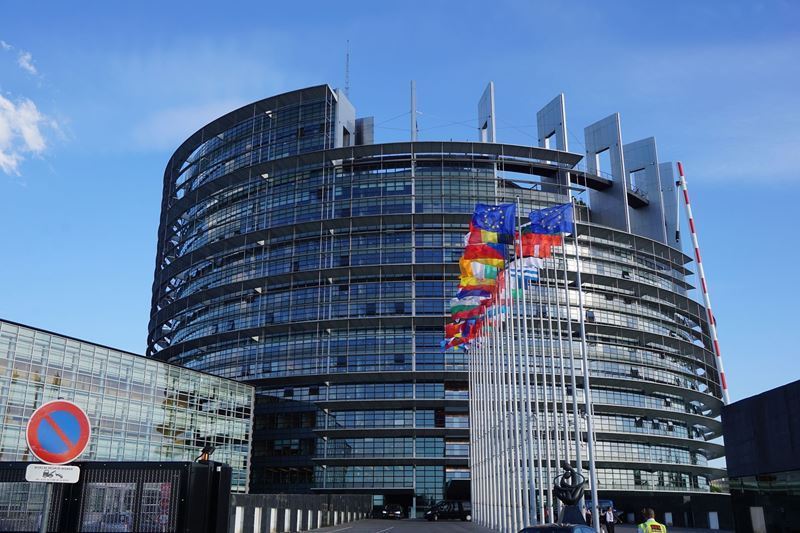

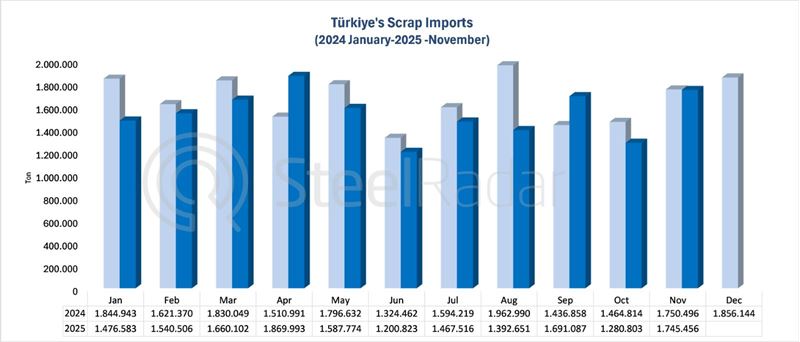


Comments
No comment yet.